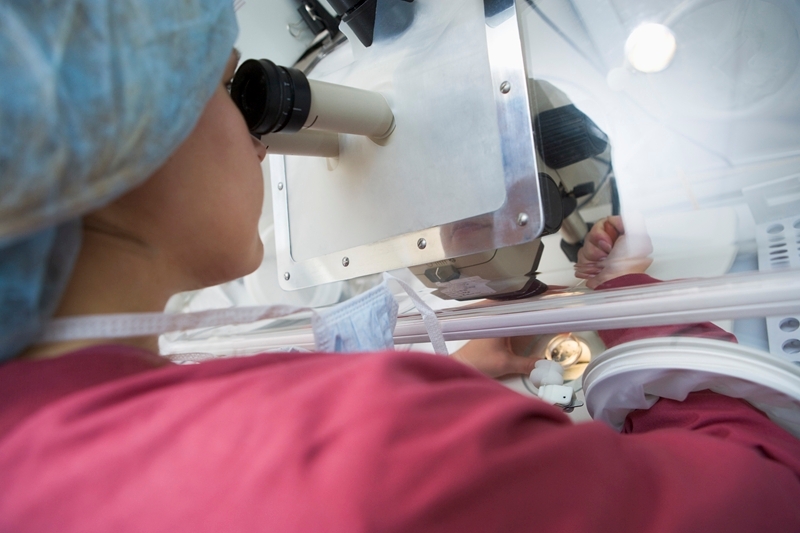THE MEDICAL SURROGACY PROCESS: What gestational surrogates need to know
The decision to help another person create a family by serving as a gestational surrogate (or sometimes referred to as “surrogate mother”) is a generous one and involves complex emotions on all sides. It also involves medical realities that women considering surrogacy need to know about.
If and when you work with ARTparenting, you’ll learn a great deal more about the medical surrogacy process, and the range of medical information available. But in the meantime, here are just a few items “up front” that you should be aware of if you’re not already. Keep in mind, particularly when it comes to the medical aspects of surrogacy, there is no 100% “typical” case.
Medical Realities for Women Considering Surrogacy
The gestational surrogate mother’s eggs are not used.
The eggs, or oocytes, come from either the intended mother or a third-party egg donor. This is why we call it “gestational surrogacy,” not “traditional surrogacy.”
Routine tests.
At the fertility center selected by the intended parents, you’ll most likely be asked to have a vaginal ultrasound that allows the physician to examine your uterus. You may also be asked to have a hysteroscopy — in which a tiny camera painlessly examines your uterus — or other procedure to determine the general health of your uterus. Routine blood tests will be given to rule out the presence of communicable diseases such as AIDS, herpes, and hepatitis. You will be asked to provide an up-to-date pap smear, and might be requested to have a mammogram done.
The gestational surrogate’s preparation.
Timing is crucial in any embryo transfer. As a surrogate, you will be given several medications to help prepare your uterus to receive the embryo. These medications may include standard birth control pills (at the beginning of your menstrual cycle). You will be started on estrogen at about the time the intended mother or the egg donor is being induced to ovulate if the embryo transfer cycle is a coordinated or “fresh,” one. Then, just before her eggs are harvested, you will begin on another hormone — progesterone — to further prepare for implantation. Normally, you will be required to continue to take hormones, usually by injection, even if the embryo transfer is what we call a “frozen” cycle, where the embryos have already been created and are frozen for future use by the intended parents. Remember, this is meant to be general guidance here, and is not meant in any way to be giving medical advice or instruction.
In Vitro Fertilization, or IVF, is the method employed.
This is handled by a certified fertility center. Hormones are given to the intended mother or the egg donor to induce ovulation, and her eggs are harvested via aspiration guided by vaginal ultrasound. Then, from 50,000 to one million sperm are mixed with the eggs and incubated, so that fertilization can occur. When the timing is right, the resulting embryos are transferred into your uterus, as the gestational surrogate. Fertility centers vary somewhat in terms of the tests they require and the procedures they employ — this is all simply general background information, not specific medical advice or recommendations.
Transferring the embryos to the surrogate.
The physician carefully flushes the embryos in the liquid medium in which they have been growing through your cervix and into your uterus. Sometimes, the doctor will use ultrasound to help with placement of embryos, and afterward, you may be asked to remain lying-down for a period of time.
The follow-up blood test.
Approximately two weeks after the embryo has been transferred to the surrogate’s uterus, a simple blood test will be performed to confirm pregnancy — at which point both estrogen and progesterone medication may be continued. (In fact, medication will likely have continued from the time of embryo transfer, and may still continue even after a positive blood test, until confirmation of pregnancy by ultrasound).
Because of ARTparenting’s long and successful track record, we have close relationships with numerous OB/GYNs and reproductive endocrinologists around the country. While the intended parent will choose the reproductive endocrinologist, you will be able to choose your own OB, particularly if you already have one that you have a relationship with. The same applies to the hospital selected for delivery. What’s important is that a medically sound pregnancy occurs and that we ensure a good outcome both for you, the surrogate, and the intended parents. Working together, with the best medical care and technology, we’ll do just that.

